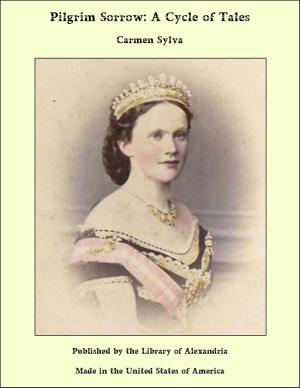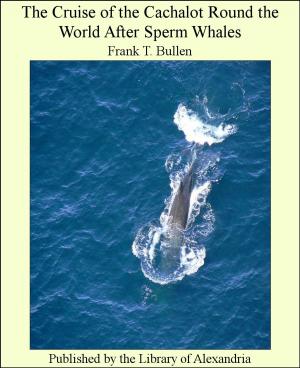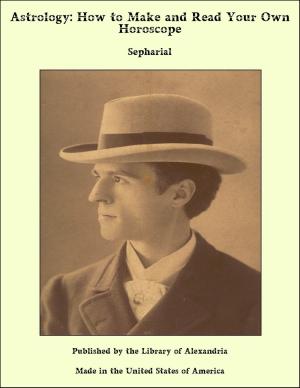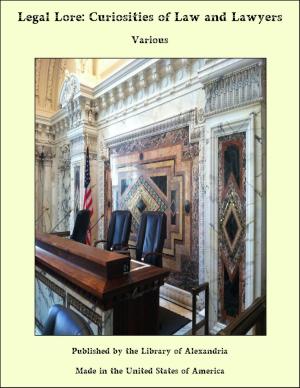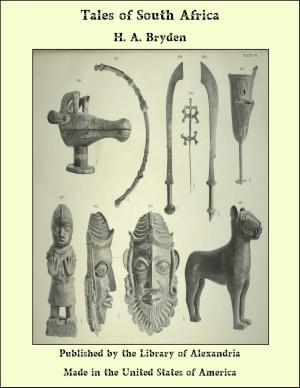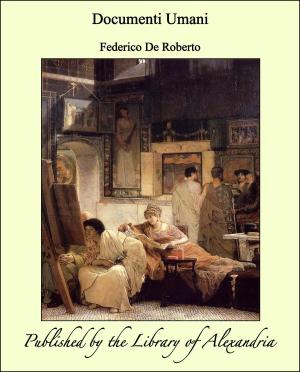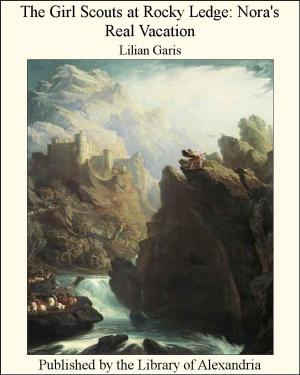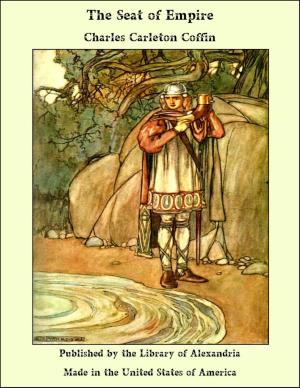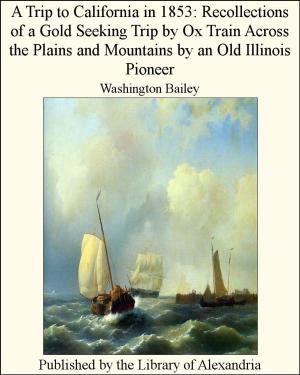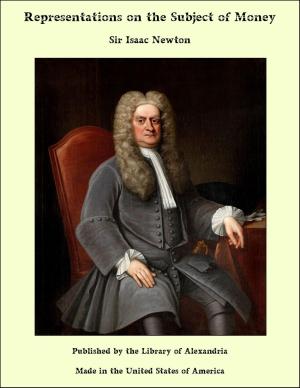Incidents of Travel in Yucatan (Complete)
Nonfiction, Religion & Spirituality, New Age, History, Fiction & Literature| Author: | John Lloyd Stephens | ISBN: | 9781465545077 |
| Publisher: | Library of Alexandria | Publication: | March 8, 2015 |
| Imprint: | Language: | English |
| Author: | John Lloyd Stephens |
| ISBN: | 9781465545077 |
| Publisher: | Library of Alexandria |
| Publication: | March 8, 2015 |
| Imprint: | |
| Language: | English |
The reader of my "Incidents of Travel in Central America, Chiapas, and Yucatan," may remember that the researches of Mr. Catherwood and myself in the last-mentioned country were abruptly terminated by the illness of the former. During our short sojourn in Yucatan, we received vague, but, at the same time, reliable intelligence of the existence of numerous and extensive cities, desolate and in ruins which induced us to believe that the country presented a greater field for antiquarian research and discoveries than any we had yet visited. Under these circumstances, it was a severe hardship that we were compelled to leave it, and our only consolation in doing so was the hope of being able to return, prepared to make a thorough exploration of this unknown and mysterious region. In about a year we found ourselves in a condition to do so; and on Monday, the ninth of October, we put to sea on board the bark Tennessee, Scholefield master, for Sisal, the port from which we had sailed on our return to the United States. The Tennessee was a down-Easter of two hundred and sixty tons burden, turned out apparently from one of those great factories where ships are built by the mile and chopped off to order, but stout, strong, well manned and equipped. Her cargo was assorted for the Yucatan market, and consisted of a heavy stratum of iron at the bottom; midway were miscellanies, among which were cotton, muskets, and two hundred barrels of turpentine; and on top, within reach of the hatches, were six hundred kegs of gunpowder. We had a valuable addition to our party in Dr. Cabot, of Boston, who accompanied us as an amateur, particularly as an ornithologist. Besides him, our only fellow-passenger was Mr. Camerden, who went out as supercargo. The first morning out we woke with an extraordinary odour of turpentine, giving us apprehensions that a barrel had sprung a leak, which, by means of the cotton, might use up our gunpowder before it came to the hands of its consignee. This odour, however, was traced to a marking-pot, which quieted our apprehensions.
The reader of my "Incidents of Travel in Central America, Chiapas, and Yucatan," may remember that the researches of Mr. Catherwood and myself in the last-mentioned country were abruptly terminated by the illness of the former. During our short sojourn in Yucatan, we received vague, but, at the same time, reliable intelligence of the existence of numerous and extensive cities, desolate and in ruins which induced us to believe that the country presented a greater field for antiquarian research and discoveries than any we had yet visited. Under these circumstances, it was a severe hardship that we were compelled to leave it, and our only consolation in doing so was the hope of being able to return, prepared to make a thorough exploration of this unknown and mysterious region. In about a year we found ourselves in a condition to do so; and on Monday, the ninth of October, we put to sea on board the bark Tennessee, Scholefield master, for Sisal, the port from which we had sailed on our return to the United States. The Tennessee was a down-Easter of two hundred and sixty tons burden, turned out apparently from one of those great factories where ships are built by the mile and chopped off to order, but stout, strong, well manned and equipped. Her cargo was assorted for the Yucatan market, and consisted of a heavy stratum of iron at the bottom; midway were miscellanies, among which were cotton, muskets, and two hundred barrels of turpentine; and on top, within reach of the hatches, were six hundred kegs of gunpowder. We had a valuable addition to our party in Dr. Cabot, of Boston, who accompanied us as an amateur, particularly as an ornithologist. Besides him, our only fellow-passenger was Mr. Camerden, who went out as supercargo. The first morning out we woke with an extraordinary odour of turpentine, giving us apprehensions that a barrel had sprung a leak, which, by means of the cotton, might use up our gunpowder before it came to the hands of its consignee. This odour, however, was traced to a marking-pot, which quieted our apprehensions.



